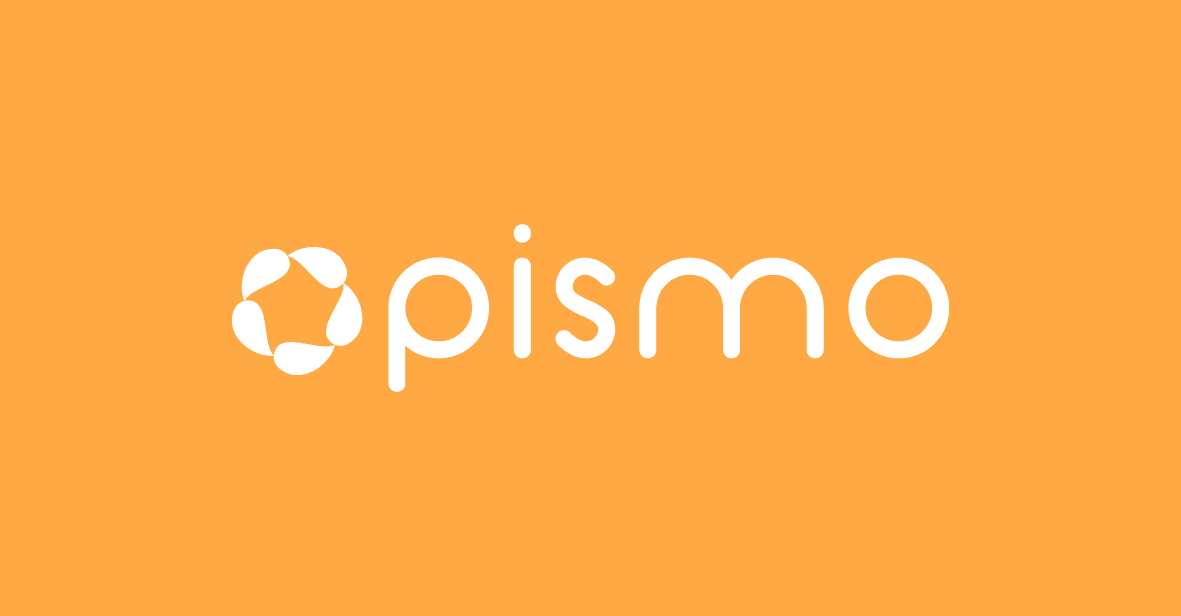"The initial configurations were easy, and after the initial setup, no more maintenance. It just works."
We took a lot of time evaluating new solutions to move away from Jenkins. And after looking to all available solutions in the market, Codefresh was the only one that had the requisites that we needed, such as the integrations with other open source software and metrics.
Pismo is hot!
The technology company provides a complete processing platform for payments and banking, and they’re adding 2.5 million accounts on their platform every month. But Jenkins was slowing them down.
Pismo needed a continuous deployment solution that was easier to use and maintain and that helped assure new deployments didn’t disrupt processing of the 4 billion API calls their platform handles every month. Codefresh is making their platform more stable and their lives easier.
The technological backdrop
Pismo’s platform is built on cloud-native technologies with Kubernetes clusters running on Amazon Web Services (AWS). The stability of their deployed code is paramount, so Pismo uses DataDog to monitor the production environment and produce the metrics that show deployed code is performing as expected. Payment processors must conform to the Payment Card Industry Data Security Standard (PCI-DSS), so security and governance processes are tightly knit into Pismo’s development and deployment processes.
The challenge
Getting code in production quickly is key for fast-moving Pismo, but so is maintaining a stable and reliable platform and meeting security and governance mandates. Their initial efforts relied on Jenkins and manual processes for CI and CD.
They implemented intelligent CD processes, adopting features like traffic routing and canary deployments, processes the Pismo engineers found difficult in Jenkins. The resulting code was time-consuming and expensive to maintain, and the necessary manual processes slowed integration and deployment and increased opportunities for errors.
The solution
After researching their alternatives, Pismo installed Codefresh and integrated it with their Git repositories, AWS, and with metrics generated by DataDog. Renato Stocco, Principle Engineer for the Pismo platform, says the Codefresh integrations were problem-free. “Everything just worked out of the box.” Pismo relies on Argo CD, which is supplied with Codefresh, to implement GitOps. They found that after the initial configuration, they were soon able to use the Codefresh dashboard to view and manage container deployments. Codefresh support helped Pismo developers get their program off the ground quickly. “Any doubts, any questions, any problems, they would gather together as soon as possible,” reports Renato. “They understood what we were doing and worked closely with us.”
Because of governance requirements, Pismo’s processes must run on their own infrastructure. This was done using Codefresh Runner, which installs on any Kubernetes cluster with a single command. When installed on clusters running Codefresh pipelines, it enables the pipeline to run behind the firewall to provide the security and control of an on-premises solution with the low maintenance and easy install of cloud. Since stability in their production environment is so critical, Pismo uses progressive deployments to limit the impact if defects are found. Prior to implementing Codefresh, this required manual deployment processes. With Codefresh, progressive deployments happen automatically. In addition, Pismo’s deployment pipelines access metrics from DataDog and can automatically roll back deployed code if problems are detected in the production environment.
We took a lot of time evaluating new solutions to move away from Jenkins. And after looking to all available solutions in the market, Codefresh was the only one that had the requisites that we needed, such as the integrations with other open source software and metrics.
The result
With Codefresh, Pismo now relies on a single tool to manage its CI/CD processes. They have eliminated manual processes and dramatically reduced the time and effort to maintain their CI/CD systems. “The initial configurations were easy,” says Renato, “and after the initial setup, no more maintenance. It just works.”
The initial configurations were easy, and after the initial setup, no more maintenance. It just works.
In fact, it works better than ever. Deployments into production are safer. Progressive releases happen automatically, rather than requiring manual management. If monitoring systems detect problems, Pismo pipelines automatically hold or roll back the new version.
“In the past,” says Renato, “every problem that happened was a bottleneck.” Before Codefresh, problems took software developers offline to investigate and correct. Now, deployments happen in the background, and rollouts are faster and safer. For the business, it means more value delivered to customers. And for Pismo’s engineering organization, well, it just makes life easier.
